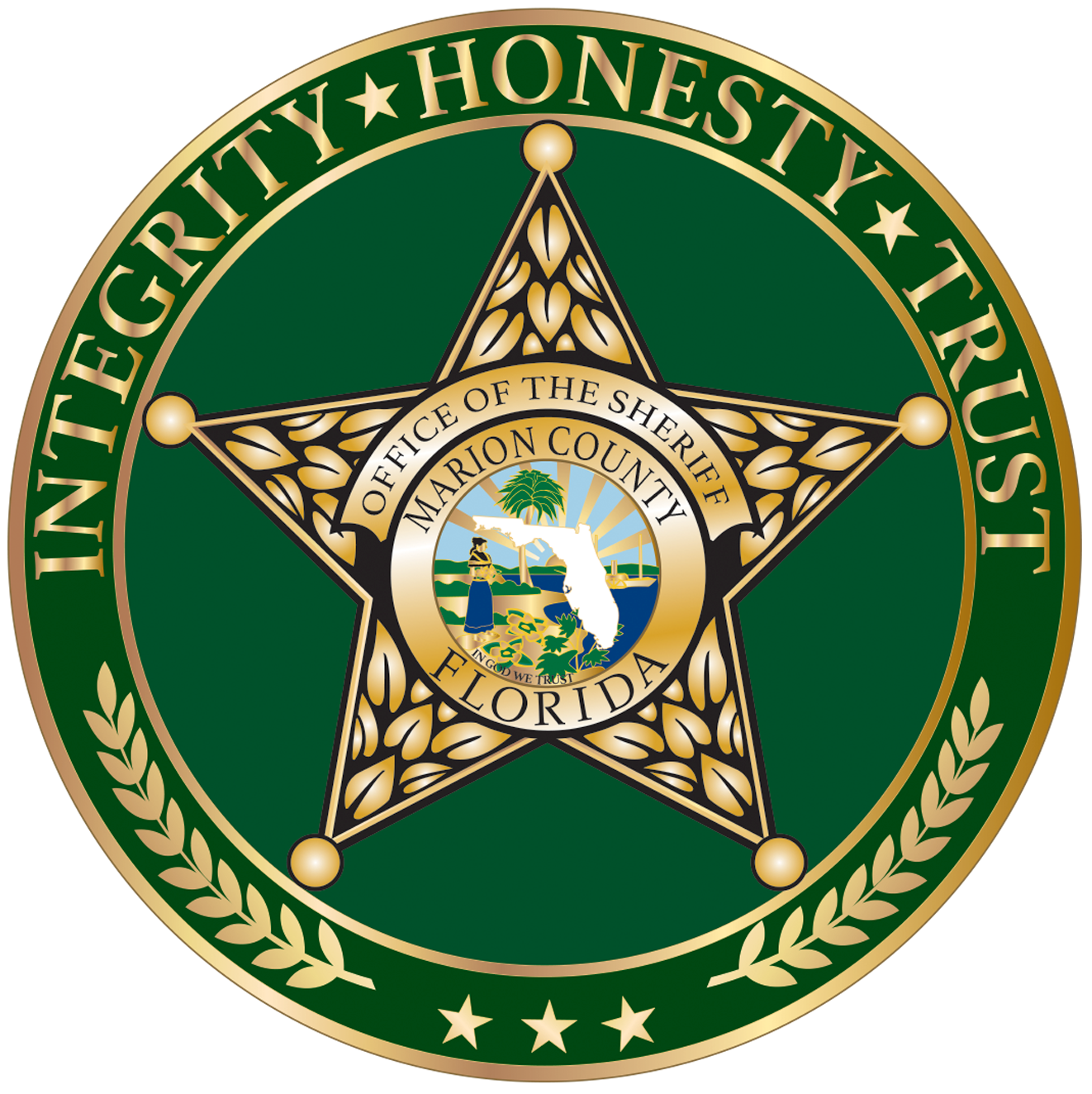DOMESTIC VIOLENCE UNIT
Detective Hunter Kephart
Domestic Violence Unit
hkephart@marionso.com
Detective Zachary Elliott
Domestic Violence Unit
zelliott@marionso.com
Detective Michelle Wright
S.H.I.E.L.D. Program
mwright@marionso.com
As law enforcement officers, we want to see the perpetrators of violence held accountable for their actions and survivors safe from any future harm.
“Domestic violence” means any assault, aggravated assault, battery, aggravated battery, sexual assault, sexual battery, stalking, aggravated stalking, kidnapping, false imprisonment, or any criminal offense resulting in physical injury or death of one family or household member by another family or household member.
741.28 Domestic violence; definitions. –As used in ss. 741.28-741.31: “Department” means the Florida Department of Law Enforcement.
Remember, you have the right to live without fear and violence.
IF YOU ARE STILL IN THE ABUSIVE RELATIONSHIP:
- Think of a safe place to go if an argument occurs – avoid rooms with no exits (bathroom), or rooms with weapons (kitchen).
- Think about and make a list of safe people to contact.
- Keep cash with you at all times.
- Memorize all important numbers.
- Establish a “code word” or “sign” so that family, friends, teachers or co-workers know when to call for help.
- Think about what you will say to your partner if he\she becomes violent.
IF YOU HAVE LEFT THE ABUSIVE RELATIONSHIP:
- Change your phone number.
- Screen calls.
- Save and document all contacts, messages, injuries or other incidents involving the batterer.
- Change locks, if the batterer has a key.
- Avoid staying alone.
- Plan how to get away if confronted by an abusive partner.
- If you have to meet your partner, do it in a public place.
- Vary your routine.
- Notify school and work contacts.
- Call the Domestic Violence Anonymous Hotline. There are resources to help you.
- If you leave the relationship or should take important papers and documents with you to enable you to apply for benefits or take legal action.
Important papers you should take include social security cards and birth certificates for you and your children, your marriage license, leases or deeds in your name or both yours and your partner’s names, your checkbook, your charge cards, bank statements and charge account statements, insurance policies, proof of income for you and your spouse (pay stubs or W-2’s), and any documentation of past incidents of abuse (photos, police reports, medical records, etc.)
CASA MARION 24/7 HOTLINE
(352) 722-CASA(2272)
FLORIDA DOMESTIC VIOLENCE HOTLINE
1-800-500-1119
or
TDD (800) 621-4202
FLORIDA LEGAL HELP HOTLINE
Florida Legal Services, Inc. provides attorneys to answer survivors’ legal questions regarding injunctions for protection, divorce, custody, housing, immigration and other civil legal matters at no cost to survivors. The hotline attorneys are available 8 am to 4 pm EST Monday – Friday.
Survivors can call toll free at 1-800-5000-1119 ext. 3. TDD 1-800-621-4202; Florida Relay 711; interpreter services are available for survivors with limited English proficiency.
DOMESTIC VIOLENCE LINKS & RESOURCES
- CASA Marion – 352-722-CASA(2272) – http://www.casamarion.org/
- Florida Coalition Against Domestic Violence (FCADV) – (850) 425-2749 – http://www.fcadv.org/
- Kimberly’s Center for Child Protection – (352) 873-4739 – http://www.kimberlyscenter.org/
- The Marion County Children’s Alliance – (352) 438-5990 – http://www.breakthesilenceonviolence.org
- The Department of Children and Families – (866) 762-2237 – http://www.dcf.state.fl.us
- Community Legal Services of Mid-Fl – (352) 629-6257 – http://www.clsmf.org
- The National Coalition against Domestic Violence – 1-800-799-SAFE (7233) – http://www.NCADV.org
- United Way of Marion County – (353) 732-9696 or simply dial 211 – http://http://www.uwmc.org/2-1-1
- The National Domestic Violence Hotline – 1-800-799-SAFE (7233) – http://www.thehotline.org/help/
- The Attorney General’s Office – (850) 414-3300 – http://myfloridalegal.com/victims







